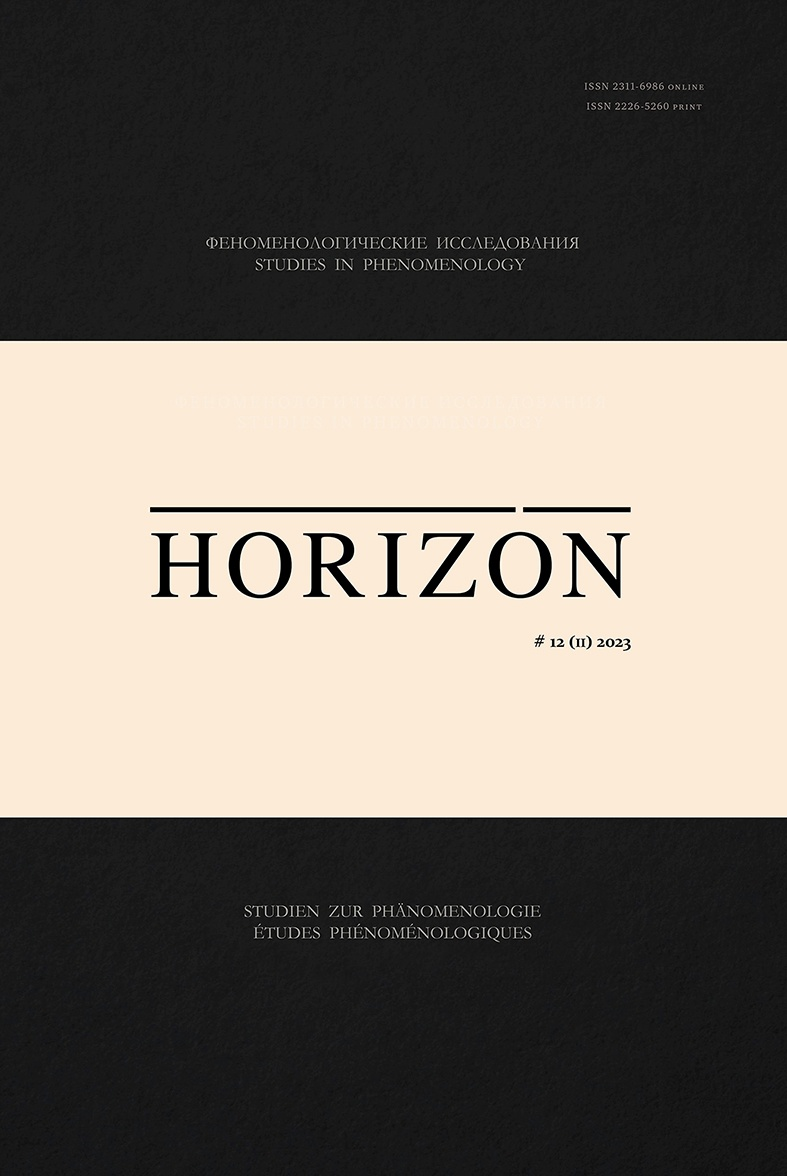THE RECEPTION OF PHENOMENOLOGY IN ARGENTINA
BY EUGENIO PUCCIARELLI: HIS IDEAL OF A MILITANT AND
HUMANIST PHILOSOPHY UNDERPINNED
BY A PLURALISTIC CONCEPTION OF REASON AND TIME
THE RECEPTION OF PHENOMENOLOGY IN ARGENTINA
BY EUGENIO PUCCIARELLI: HIS IDEAL OF A MILITANT AND
HUMANIST PHILOSOPHY UNDERPINNED
BY A PLURALISTIC CONCEPTION OF REASON AND TIME
Author(s): Irene BreuerSubject(s): Phenomenology
Published by: Издательство Санкт-Петербургского государственного университета
Keywords: Argentina; culture; humanism; Latin America; phenomenology; pluralism; reason; time;
Summary/Abstract: This paper focuses on the Argentine philosopher Eugenio Pucciarelli (1907–1995) and his critical reception of phenomenology. It introduces to his contribution to phenomenology in the context of its early reception in Argentina and addresses the following issues: 1) the mission of philosophy, the various ways of accessing its essence, in particular those of Scheler, Dilthey and Husserl, 2) his reception of Husserl as far as the ideals of science and reason are concerned, 3) the crisis of reason 4) his pluralistic conception of reason and time, and finally, to 5) his humanistic stance. I argue that his conception of philosophy, which emphasizes the personal dimension and the social commitment of philosophical practice as well as the relentless search for unshakeable foundations of knowledge as carried out by Husserl, is underpinned by a pluralistic conception of reason, time and culture that confers Pucciarelli’s philosophizing a humanistic bias. Phenomenology as conceived by Pucciarelli becomes thus an active force by embracing multiple perspectives, such that its methodology can be applied to varying contexts and circumstances. Pucciarelli’s commitment to social justice and Latin American culture responds to the attempt to rescue the virtues and freedom of the individual, which ground human dignity. In short, Pucciarelli’s stance reveals a profound pluralistic humanism that does not neglect its militant and critical function, thus evidencing its relevance to the current sociopolitical situation in Latin America.
Journal: Horizon. Феноменологические исследования
- Issue Year: 12/2023
- Issue No: 2
- Page Range: 398-432
- Page Count: 35
- Language: English

